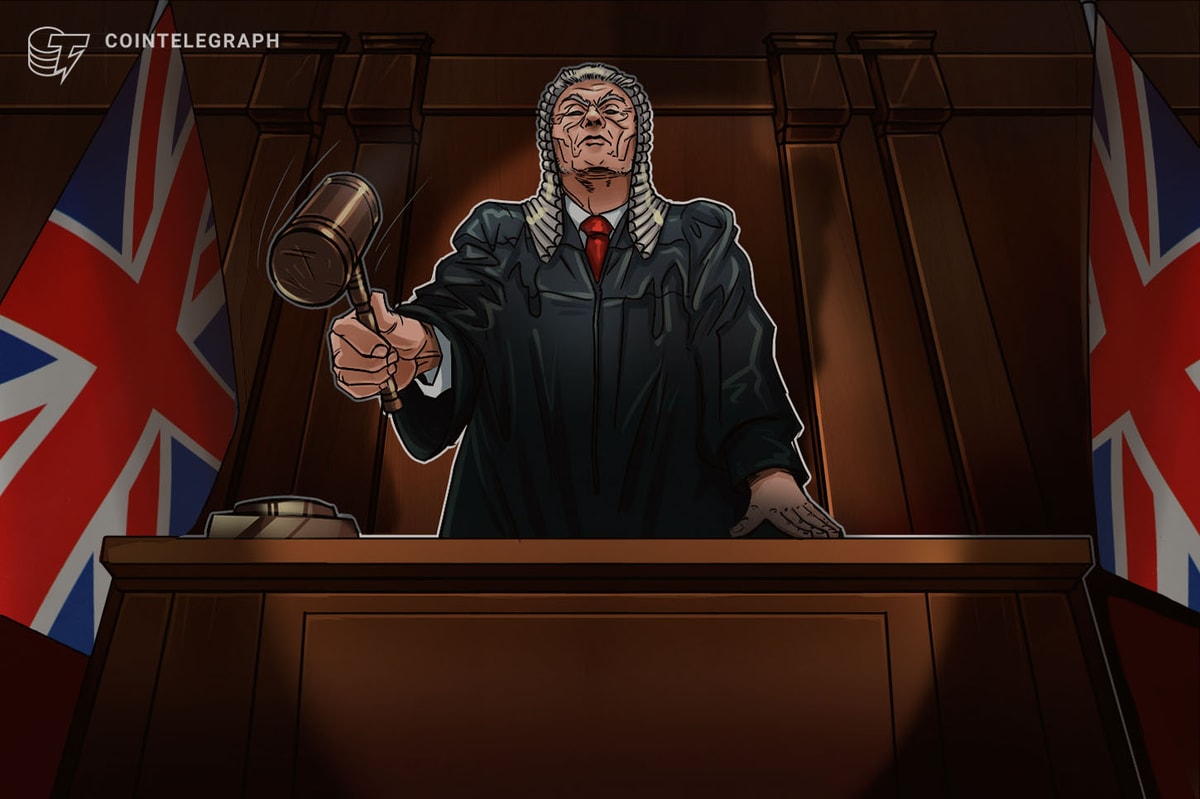Actually the rot has been driven by a certain brand of journalism that became entrenched in the Untied States in the 1970s and that's pretty much how journalists work now. They structured the stories they told where there were always two opposing sides, and journalists behaved as dispassionate moderators of their debates. This breaks badly because not all news items really have two sides. And people can (and do) take advantage of that approach to make absolutely absurd and toxic ideas seem legitimate.
Modern journalism also is dysfunctional when trying to communicate anything about a technical or scientific issue.
I can see why you might say that; I don't think that's unfair. I do think news was a lot better in the Walter Cronkite era, and the early to mid '70s; I actually thought it started getting worse in the early '80s, but we may be talking about the same general thing, and I certainly agree about the science. I think we tried harder with the science in the '70s.
Print news was, at times, pretty bad going back to the late 19th and early 20th century at last. There were certainly plenty of terrible newspapers that printed a lot of crazy stuff. What was different was that it was easier to tell the tabloid pap from real news.
I remember when I was in college, in 1978, the Weekly World News was always a source of wild and bizarre stories. I did buy it sometimes for entertainment, and I remembered being puzzled-- and often amused-- by the way the headlines were written. One stunning one was: "Businessman Goes Berserk, Kills 2, Self."
I felt bad for the victims-- if it was a real story, which was always in doubt-- but curious about the grammar. Why no conjunctions or prepositions?
This situation was particularly confusing when my friends and I happened to be in a remote hacienda a few hours from Caracas in Venezuela later that same year, 1978. The English Language newspaper which arrived in the morning (come to think of it, I have no idea how it got there, we were in the middle of nowhere) had a headline that read: "Cult Massacre, Survivors Face Piranhas, Eels."
We laughed, thinking the paper must be some sensationalist tabloid-- the translation wasn't always great-- and we were not at all sure the story was true, or if it was, we figured it was probably exaggerated wildly based on some weird local event. We had no idea it was a national story, or that nearly a thousand people had died. So in that situation, the fact that we couldn't tell tabloid from real news seemed unique and remarkable, while it seems commonplace today.




